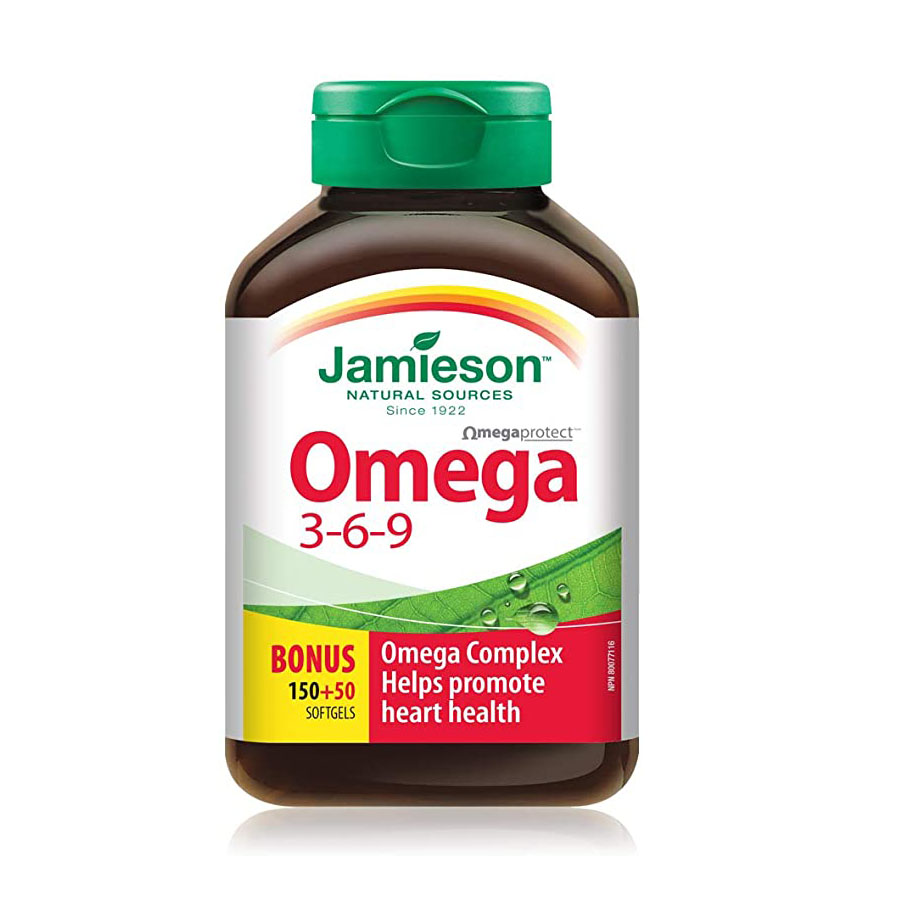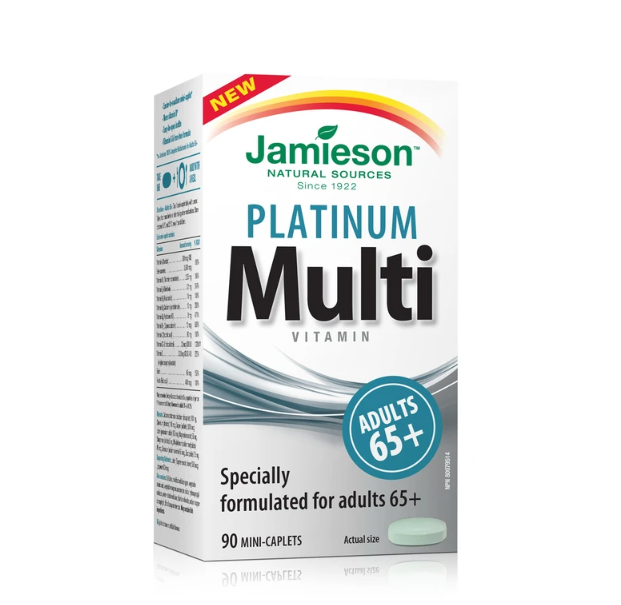
5 Tips for Effective Skin Care
skin careSkin is a crucial aspect of health care, yet it's often overlooked. As the largest organ in the human body, skin acts as a barrier protecting us from the external environment. It's essential to keep human skin clean and properly cared for to function optimally. However, we often neglect basic daily skincare, precisely because we lack awareness and understanding of its vital importance to the human body.
The main purpose of this article is to look at basic skin cleansing issues in relation to skin care regimens, further emphasising the need for us to wash and bathe at least every day, and treat our skin with moisturising products such as a variety of creams and other products to look cleaner and more aesthetically pleasing.
Common skin problems in adults
Dry skin is a common skin problem among adults. It can be bothersome and painful, and can even lead to a range of complications such as sensitivity, cracking, roughness, and redness. Generally, dry skin is primarily caused by accelerated loss of moisture from the epidermis and a reduction in moisture in the upper layer of the skin (the stratum corneum). Dry skin is often accompanied by an intense urge to scratch, leaving marks and causing the skin to lose elasticity, become fragile, and even painful.
We've also discovered another skin problem in older adults—skin aging. But skin aging in older adults, like facial aging, is a natural biological process that we can't avoid.
As people age, their skin loses elasticity, and the decrease in collagen levels leads to wrinkles, resulting in signs of sagging skin. However, other factors can accelerate the skin aging process, such as stress, diet, drug abuse, or chronic diseases.

The connection between basic skincare and our daily routine
Normally, human skin is supple. However, as a large external organ of the human body, the health of our skin is threatened by many external factors and other parameters (such as biological degradation and lifestyle habits at a particular point in time). This causes our skin condition to constantly change, responding to some internal factors (such as the body's hydration levels, the food we eat, or medications). On the other hand, external factors affecting skin care also include air humidity, irritants, allergens, ultraviolet radiation, and extreme temperatures.
Finally, only by practicing basic skincare can we ensure that we curb or minimize the many factors that lead to unhealthy skin. Maintaining healthy skin on all parts of the body ultimately requires awareness, consistency, and cleanliness to promote the skin's physiological functions and reduce its normal wear and tear, especially during the aging process.
8 essential skin benefits you should know
Besides being an important accessory organ for fulfilling the body's physiological needs, skin also satisfies our desire for beauty and self-expression. In every aspect of our social interactions, we subconsciously rely on our skin to enhance our self-esteem, using it as a medium for communication and to make ourselves look radiant. Below are some basic functions of the skin, which will help you understand why you need to follow a rigorous skincare routine:
- It helps protect the body;
- It helps with immune protection—the epidermis and dermis can resist antigen invasion;
- It helps to excrete waste and maintain water balance;
- Helps maintain body temperature;
- Specialized nerve endings help to sense sensations such as pain and itching;
- It helps with energy storage in the body (subcutaneous fat).
- PromoteVitamin DSynthesis;
- All aspects of skin appearance, such as lips, hair, and nails, contribute to psychosocial functioning and facial expressions.

5 skincare methods you can do right now
1. Regularly cleanse your skin with a neutral pH facial cleanser or soap alternative.。
This method is suitable for removing foreign substances from the outermost layer of the skin, especially sensitive areas. These foreign substances include residual makeup, foundation, and even excess oil. Generally, the standard method for cleansing the skin is to wash with soap, water, and a soft damp cloth. Considering convenience and cost, this method seems quite effective.
However, numerous studies have shown that washing patients' skin too frequently with soap and water can lead to dry skin and a decline in skin condition. These studies suggest that soap has a higher pH value than skin, therefore they believe that prolonged use of soap can cause the overall pH value of the skin to rise, thereby increasing the risk of fungal and bacterial infections.
For this reason, manufacturers have offered "soap-free" solutions, such as baby shampoo, which are at least less offensive. Therefore, for some beauty enthusiasts and people with sensitive skin, using neutral cleansing milks and other soap alternatives is a more appropriate skincare approach. This allows them to enjoy improved skin hygiene while bypassing the adverse effects of soap and its harmful chemicals. Cleansing products on the market come in various forms, including gels and lotions, allowing you to choose according to your preference.
2. Avoid excessive massage and scrubbing – avoid massaging areas prone to injury.
This method applies to the entire body, including some...Sensitive skinAvoid excessive scratching, touching, rubbing, or patting of the skin, especially in areas like the face and genitals. These actions can trigger inflammatory chemicals (such as histamine), leading to injury or pressure sores.
Furthermore, a lifestyle habit of prolonged massage and scrubbing of the skin may accelerate skin deterioration in old age, as friction is a major cause of skin tearing in older adults. A suitable skincare routine focuses on regulating the stress acting on the skin. If possible, strive to maintain youthful skin.
3. Reduce skin contact with harmful moisture.
Normally, skin is slightly acidic, with a pH value between 4.0 and 5.5. Most harmful substances (such as urine) are alkaline and can cause an immediate chemical reaction on the skin upon contact. Harmful substances also include chemicals that leach from pesticides or other highly acidic, moist environments. Therefore, it is recommended to use a no-rinse cleanser to remove dirt in the event of contact.
4. Use skin barrier products (such as creams, ointments, and masks) to protect vulnerable skin.
Sensitive skin often causes symptoms such as redness, peeling, dryness, itching, rashes, and other skin conditions. This is also a sign that your skin barrier is damaged; in other words, your skin lacks the ability to prevent compounds from penetrating the epidermis and entering the body.
5. Use moisturizing products to maintain skin hydration.
Using moisturizing products isTreating dry skinThe first step. Applying a layer of oil-based substance to the skin's surface softens it, thereby increasing the skin's hydration. Moisturizing products come in many forms, including creams, ointments, lotions, bath oils, and even soap alternatives. They contain substances such as urea and glycerin, which help lock in moisture, leaving the skin smooth, supple, and comfortable.
Reference source:
- Voegell D. Care or harm: exploring essential components in skin care regimens. Br J Nurs. 2008;17(1):24-30. doi:10.12968/bjon.2008.17.1.28056
- Brown A, Butcher M. A guide to emollient therapy. Nurs Stand. 2005;19(24):. doi:10.7748/ns2005.02.19.24.68.c3813
- Kirsner RS, Froelich CW (1998) Soaps and detergents: understanding their composition and Effect. Ostomy Wound Manage 44(3A): 62s–70s
- Held E, Lund H, Agner T (2001) Effects of different moisturizers on SLSirritated human skin. Contact Dermatitis 44(4): 229–34
- Eastern Health (2010) Skin Integrity; its maintenance and support. Http://www.health.vic.gov.au/older/toolkit/09SkinIntegrity/docs/Skin%20 Integrity%20Its%20maintenance%20and%20support%20Attch01.pdf (accessed 20 August, 2020)
- British Association of Dermatologists (2011a) Facts about skin. http://www.bad.org.uk (accessed 20 August, 2020)




































































